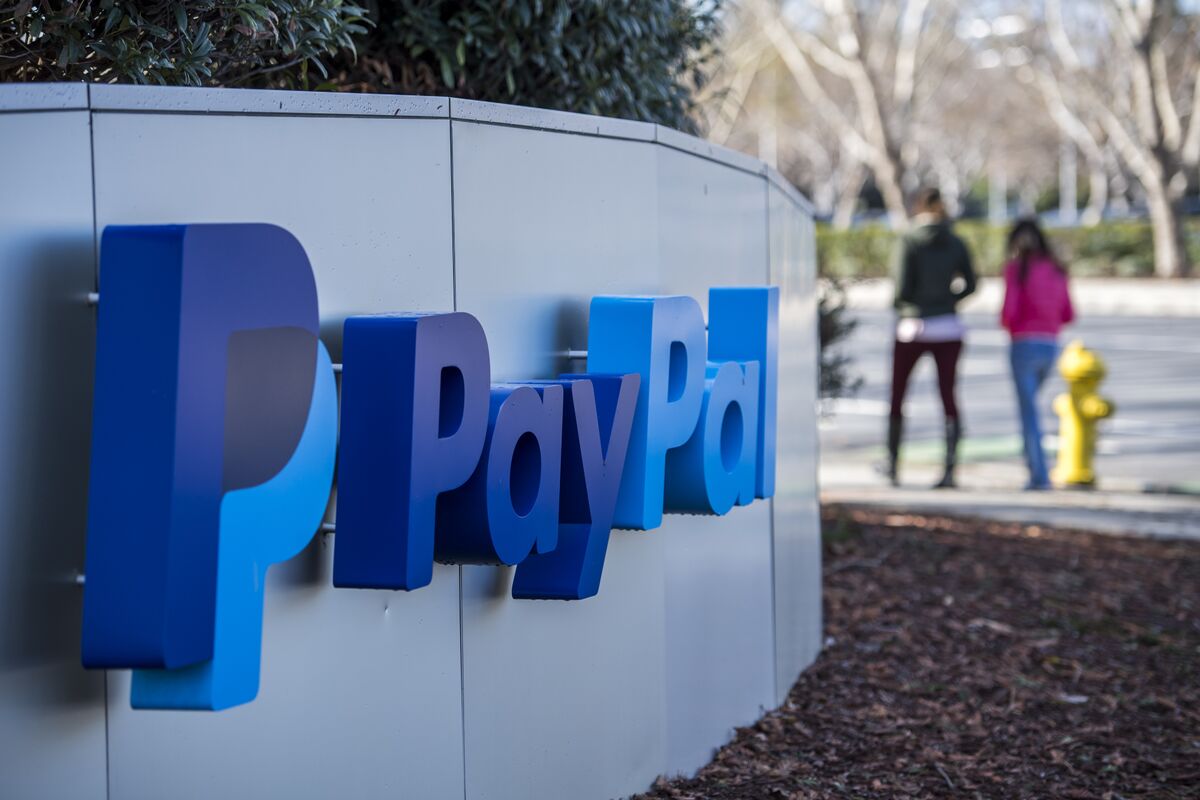A class-action lawsuit has been filed against PayPal, accusing the fintech giant of engaging in anti-competitive practices that stifle competition against lower-cost payment platforms such as Stripe and Shopify. The lawsuit, brought by consumers represented by law firm Hagens Berman, alleges that PayPal’s anti-steering rules lead to excess charges for consumers when purchasing from online merchants that accept PayPal or its subsidiary Venmo.
Key Takeaway
PayPal is facing a class-action lawsuit alleging that its anti-steering rules unfairly stifle competition against lower-cost payment platforms. The lawsuit claims that these rules result in consumers paying more for their purchases. With PayPal’s market dominance and millions of transactions processed daily, the implications for consumers could be significant.
Anti-Steering Rules Result in Excess Charges for Consumers
According to an investigation conducted by Hagens Berman’s consumer rights attorneys, PayPal’s merchant agreements, which all merchants must sign to accept payments via its platform, result in consumers paying more for their purchases. The attorneys argue that if PayPal’s agreements were transparent, consumers would be able to see the price difference between PayPal and Venmo and their competitors.
The anti-steering rules implemented by PayPal prohibit retailers from offering discounts or incentives to encourage consumers to use other payment options that have lower costs. Merchants are also not allowed to inform customers that other payment methods are more cost-effective or preferred. Additionally, other forms of payment cannot be presented earlier in the checkout process.
The lawsuit presents two scenarios to illustrate the impact of PayPal’s rules. Firstly, if a merchant charges $5.83 for a product when PayPal is used as the payment method, the price would be lower if the consumer paid with a credit card or another form of payment. Secondly, the merchant could maintain the same $5.83 price but provide a discount to consumers who choose a payment method other than PayPal or Venmo. In both cases, the result would be lower prices for consumers.
Comparison to Previous Antitrust Cases
The attorneys representing the class claim that PayPal’s anti-steering rules are “draconian” and “illegally anticompetitive.” They draw a comparison to the practices employed by Visa and Mastercard before they were sued by the Department of Justice in 2010. With PayPal generating more than $27 billion in revenues in 2022, mostly from these fees, the attorneys argue that consumers end up paying more for all transactions.
PayPal’s Market Dominance and Consumer Implications
The lawsuit highlights PayPal’s market dominance, with over 400 million consumers having PayPal accounts and 75% of all Americans using the platform. Nearly 1 million US e-commerce websites accept PayPal, and the company processes 41 million transactions daily.
Steve Berman, managing partner and co-founder of Hagens Berman, emphasized that if consumers could see behind PayPal’s pricing veil, they would notice a clear difference between using PayPal and Venmo and using its competitors. He described PayPal as far from consumer friendly, contrary to its name.

























